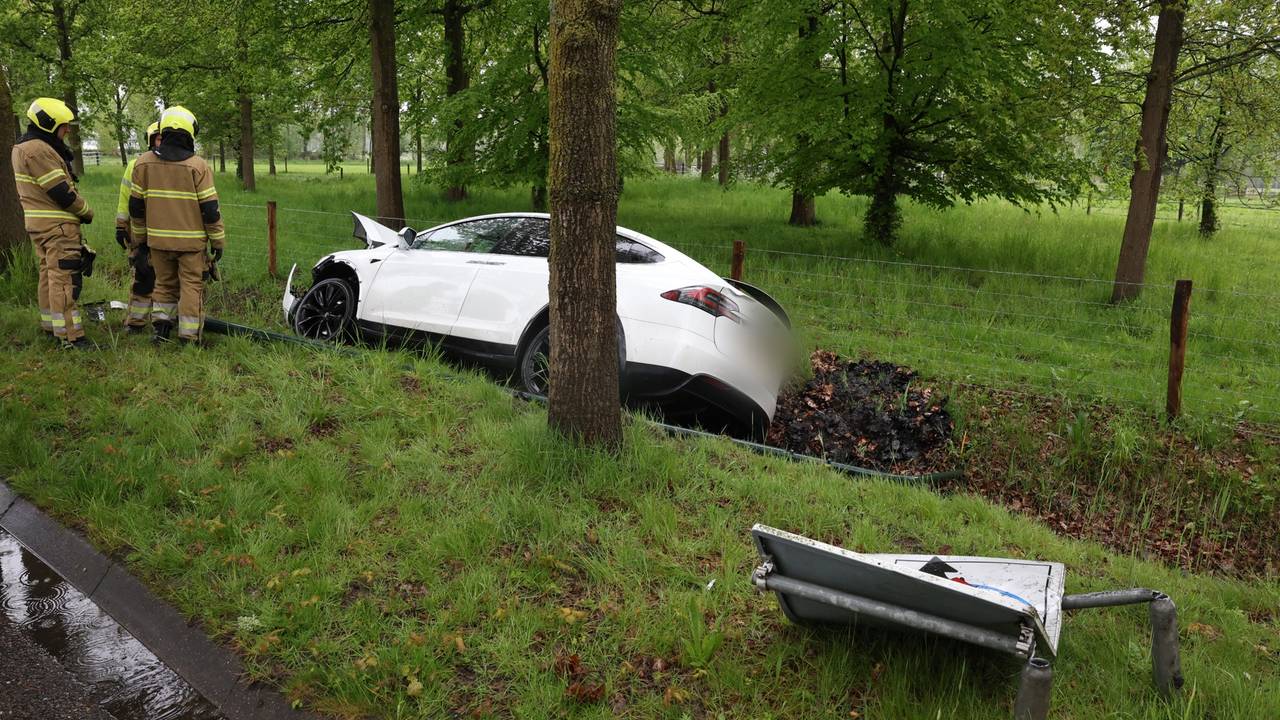Doctors in the UK have successfully performed a groundbreaking in vitro fertilization (IVF) procedure known as mitochondrial donation treatment (MDT) to prevent children from inheriting incurable diseases. The process involves using tissue from the eggs of healthy female donors to create IVF embryos that are free from harmful mutations their mothers carry and are likely to pass on to their children. The resulting baby has DNA from the mother and father as usual, plus a small amount of genetic material – about 37 genes – from the donor, hence the nickname “three-parent babies”. The first baby created through MDT in the UK has been born, but the exact number of babies born through the treatment has not been released in order to protect patient confidentiality.
MDT is intended to help women carrying mutated mitochondria to have babies without the risk of passing on genetic disorders. Mitochondria are tiny battery-like structures that produce vital energy for the cells in organs such as the brain, heart, muscles, and liver. Mutations in the mitochondria can cause progressive, severe, and often fatal diseases that are passed down from mother to child because mitochondria are inherited exclusively from the mother. One in 6,000 babies are affected by mitochondrial disorders.
The Newcastle Fertility Centre in the UK pioneered research on MDT. The procedure was approved by UK regulators in 2015 and the Newcastle clinic became the first and only national centre licensed to perform it in 2017, with at least 30 cases greenlighted by regulators. Recent research has found that the tiny number of abnormal mitochondria that are inevitably carried over from the mother’s egg to the donor egg can multiply when in the womb, leading to a disease called “reversion” or “reversal”.
Although it is still too early to draw any definitive conclusions about the safety and effectiveness of MDT, the treatment offers families with severe inherited mitochondrial illness the possibility of a healthy child. The UK is not the first to create babies through MDT, with a US doctor in 2016 announcing the world’s first MDT birth after treating a Jordanian woman with mitochondrial mutations that caused a fatal condition called Leigh syndrome.
Critics and ethical concerns:
Critics argue that significant ethical concerns remain over MDT and the creation of so-called “three-parent babies”. The term “three-parent babies” is controversial, as the vast majority of DNA in the baby still comes from the biological parents.
In addition, some question the possible long-term effects of MDT, especially as it is not yet known how the mutated and healthy mitochondria interact after fertilization.
Sarah Norcross, director of the UK charity Pet, which improves choices for people affected by infertility and genetic conditions, called for the technology to be used in a “measured and carefully regulated way” while it is evaluated. “It is also very important that we respect the privacy of children with donated mitochondria, and their parents, not least because these parents are likely to have had prior experience of illness and bereavement in their family,” she said.


